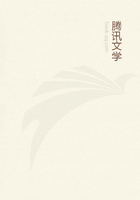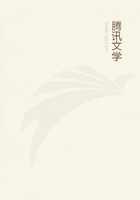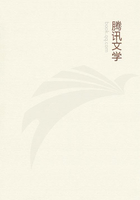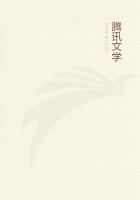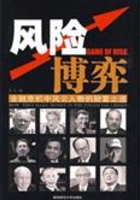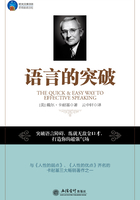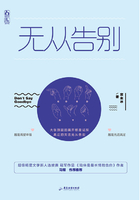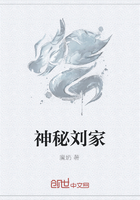The caution has already been repeated more than once, that while the regulating norm of consumption is in large part the requirement of conspicuous waste, it must not be understood that the motive on which the consumer acts in any given case is this principle in its bald, unsophisticated form. Ordinarily his motive is a wish to conform to established usage, to avoid unfavorable notice and comment, to live up to the accepted canons of decency in the kind, amount, and grade of goods consumed, as well as in the decorous employment of his time and effort. In the common run of cases this sense of prescriptive usage is present in the motives of the consumer and exerts a direct constraining force, especially as regards consumption carried on under the eyes of observers. But a considerable element of prescriptive expensiveness is observable also in consumption that does not in any appreciable degree become known to outsiders -- as, for instance, articles of underclothing, some articles of food, kitchen utensils, and other household apparatus designed for service rather than for evidence. In all such useful articles a close scrutiny will discover certain features which add to the cost and enhance the commercial value of the goods in question, but do not proportionately increase the serviceability of these articles for the material purposes which alone they ostensibly are designed to serve.
Under the selective surveillance of the law of conspicuous waste there grows up a code of accredited canons of consumption, the effect of which is to hold the consumer up to a standard of expensiveness and wastefulness in his consumption of goods and in his employment of time and effort. This growth of prescriptive usage has an immediate effect upon economic life, but it has also an indirect and remoter effect upon conduct in other respects as well. Habits of thought with respect to the expression of life in any given direction unavoidably affect the habitual view of what is good and right in life in other directions also. In the organic complex of habits of thought which make up the substance of an individual's conscious life the economic interest does not lie isolated and distinct from all other interests. Something, for instance, has already been said of its relation to the canons of reputability.
The principle of conspicuous waste guides the formation of habits of thought as to what is honest and reputable in life and in commodities. In so doing, this principle will traverse other norms of conduct which do not primarily have to do with the code of pecuniary honor, but which have, directly or incidentally, an economic significance of some magnitude. So the canon of honorific waste may, immediately or remotely, influence the sense of duty, the sense of beauty, the sense of utility, the sense of devotional or ritualistic fitness, and the scientific sense of truth.
It is scarcely necessary to go into a discussion here of the particular points at which, or the particular manner in which, the canon of honorific expenditure habitually traverses the canons of moral conduct. The matter is one which has received large attention and illustration at the hands of those whose office it is to watch and admonish with respect to any departures from the accepted code of morals. In modern communities, where the dominant economic and legal feature of the community's life is the institution of private property, one of the salient features of the code of morals is the sacredness of property.
There needs no insistence or illustration to gain assent to the proposition that the habit of holding private property inviolate is traversed by the other habit of seeking wealth for the sake of the good repute to be gained through its conspicuous consumption.
Most offenses against property, especially offenses of an appreciable magnitude, come under this head. It is also a matter of common notoriety and byword that in offenses which result in a large accession of property to the offender he does not ordinarily incur the extreme penalty or the extreme obloquy with which his offenses would he visited on the ground of the naive moral code alone. The thief or swindler who has gained great wealth by his delinquency has a better chance than the small thief of escaping the rigorous penalty of the law and some good repute accrues to him from his increased wealth and from his spending the irregularly acquired possessions in a seemly manner.
A well-bred expenditure of his booty especially appeals with great effect to persons of a cultivated sense of the proprieties, and goes far to mitigate the sense of moral turpitude with which his dereliction is viewed by them. It may be noted also -- and it is more immediately to the point -- that we are all inclined to condone an offense against property in the case of a man whose motive is the worthy one of providing the means of a "decent" manner of life for his wife and children. If it is added that the wife has been "nurtured in the lap of luxury," that is accepted as an additional extenuating circumstance. That is to say, we are prone to condone such an offense where its aim is the honorific one of enabling the offender's wife to perform for him such an amount of vicarious consumption of time and substance as is demanded by the standard of pecuniary decency. In such a case the habit of approving the accustomed degree of conspicuous waste traverses the habit of deprecating violations of ownership, to the extent even of sometimes leaving the award of praise or blame uncertain. This is peculiarly true where the dereliction involves an appreciable predatory or piratical element.

